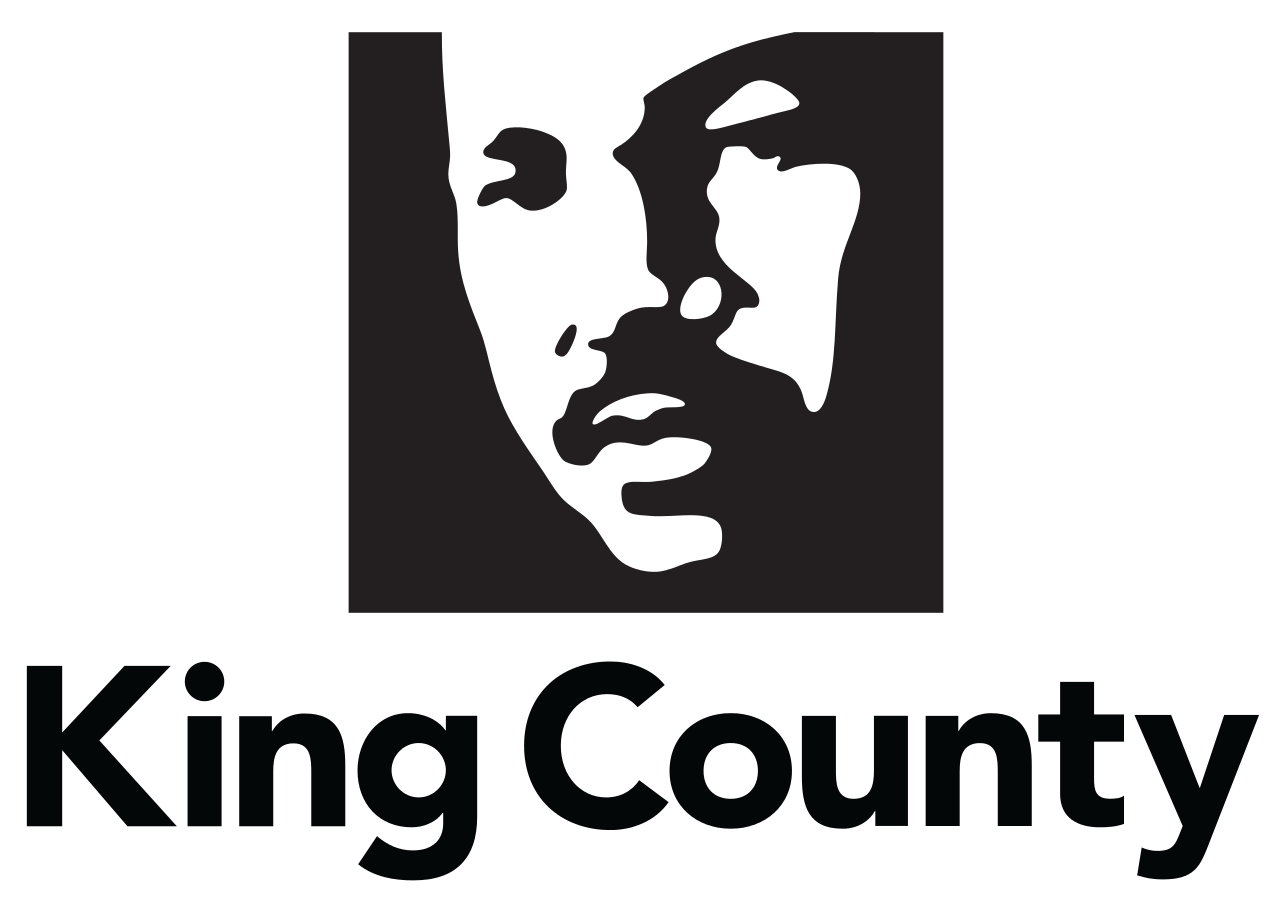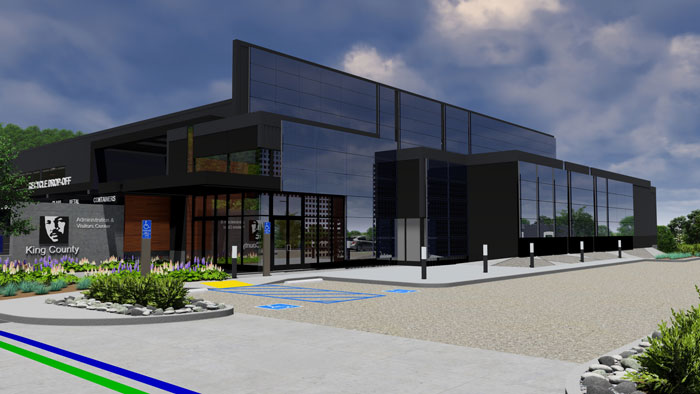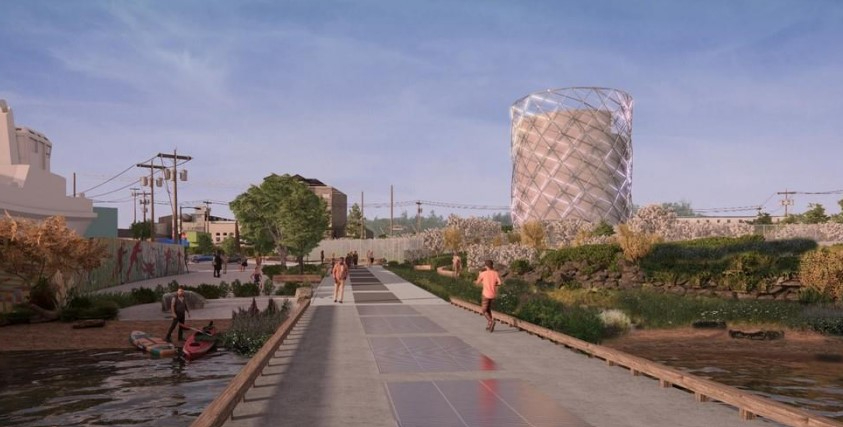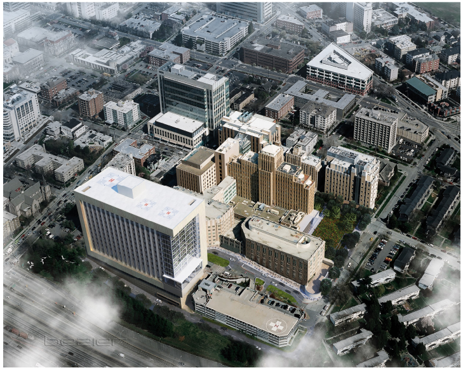Learn about King County, Washington including our ESG Program, News & Press Releases, Projects, and Team.
Talk to us
Have questions? Reach out to us directly.
Learn about King County, Washington including our ESG Program, News & Press Releases, Projects, and Team.
About King County, Washington
- Unlimited and Limited Tax G.O. Bond Ratings
- Aaa/AAA/AAA
- (Senior Lien) Sewer Revenue Bond Ratings
- Aa1/AA+/NR
- Bonds Outstanding (as of 12/31/2024)
- $4.7 billion
Established in 1852, King County is home to more than two million people, making it the 12th most populous county in the United States. Located in Washington State in the beautiful Pacific Northwest, King County stretches from the shores of the Salish Sea to the peaks of the Cascade Range. The region boasts a diverse economy, headlined by technology, aerospace manufacturing, and consumer retail giants. King County covers more than 2,100 square miles of territory, encompassing urban cities, suburban neighborhoods, rural farmland, and undeveloped natural lands including mountains, forests, and waterways.
Image Gallery


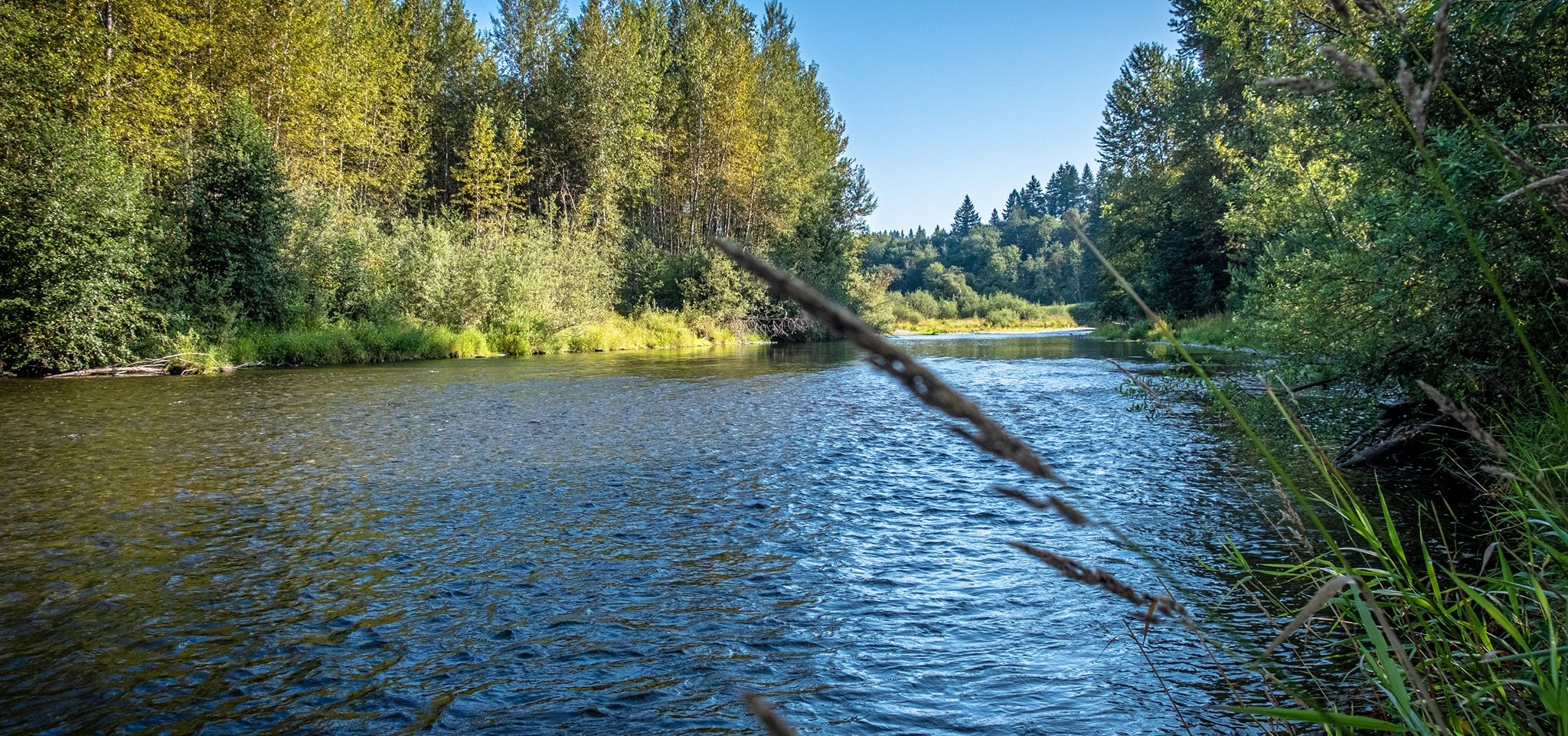
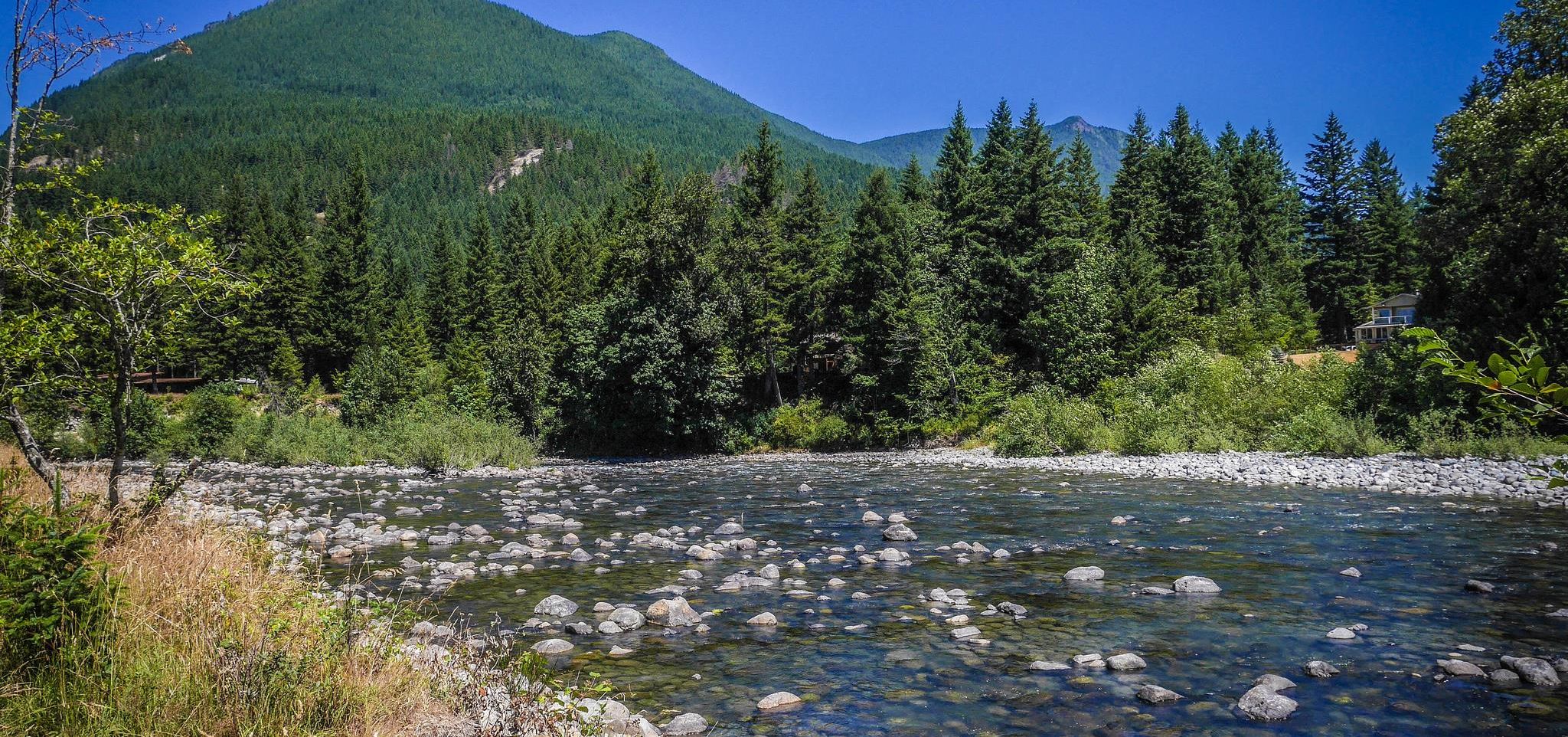
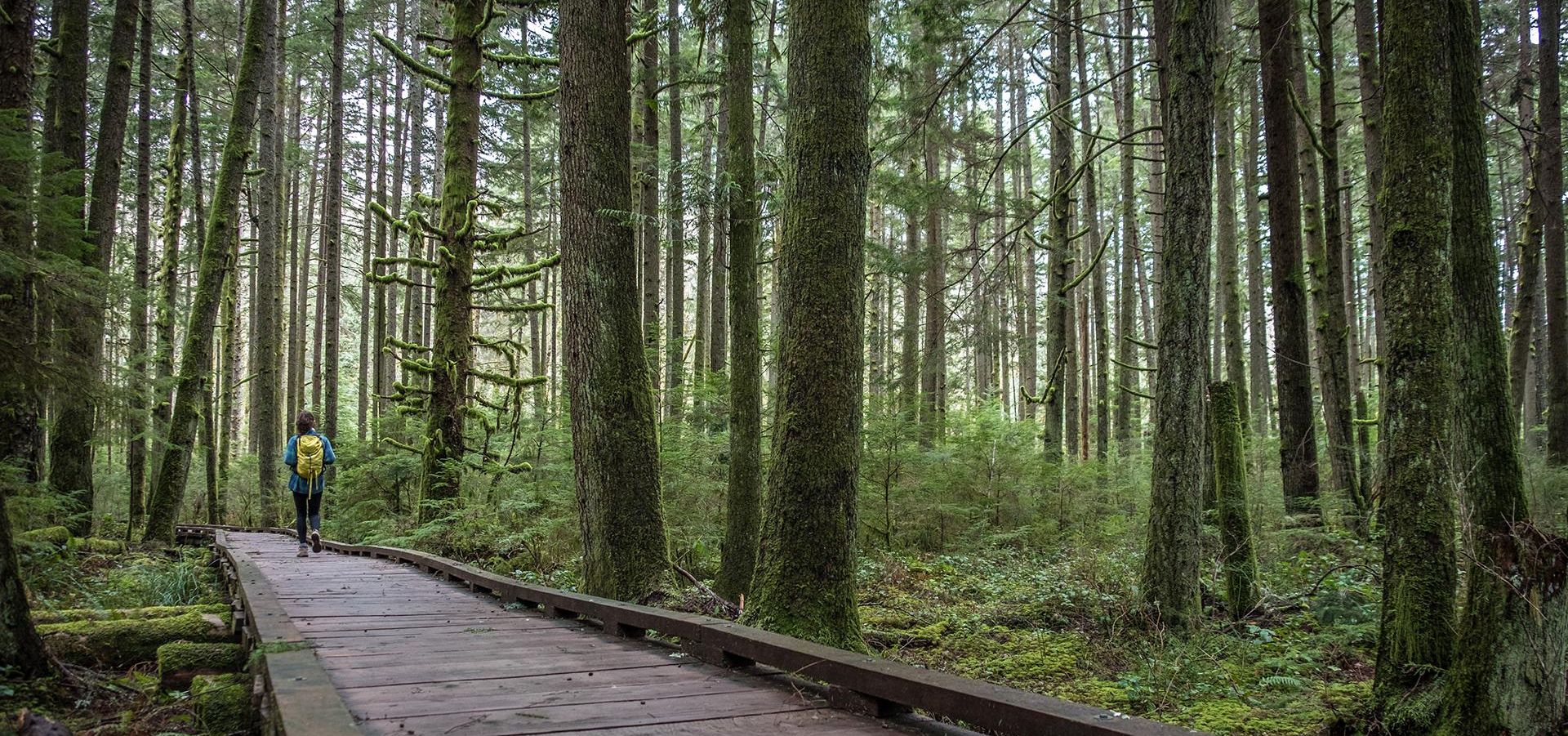

ESG Program
Learn about our environmental, social, and governance program, and how we bring those values to life with green bonds, sustainable projects, and more.
News
The King County Council on Tuesday voted to approve a motion sponsored by Councilmembers Reagan Dunn and Sarah Perry to appoint Deputy Executive Shannon Braddock as acting King County Executive. Braddock’s appointment came a day after Dow Constantine stepped down to assume a new role as CEO of Sound Transit.
“After many years of working closely with Braddock in her various roles at the Executive’s office, I am fully confident in her ability to embrace the full responsibilities of King County Executive and serve the people of King County well,” Dunn said. “I am pleased the Council has acted to appoint her as our first female Executive.”
Since her appointment as Deputy Executive in June 2023, Braddock has provided strategic direction and coordination for Executive Constantine’s priorities, advising on emerging issues, policy development, and external and government relations. Braddock has worked in the Executive’s Office since 2017, including previously as Chief of Staff, Deputy Chief of Staff, and Director of Council Relations. Prior to joining the Executive’s Office, she led the office of former King County Councilmember Joe McDermott. She has also worked in regulatory affairs in the private sector, the U.S. House of Representatives, and has served on the boards of the West Seattle Food Bank and WestSide Baby.
“I am honored to serve as Acting County Executive and appreciate the council’s support today,” Braddock said. “With 15 years of experience at King County, I am dedicated to ensuring a smooth transition and maintaining the essential services our residents depend on.”
Following the requirements of the King County Charter, Constantine selected Braddock as his first choice to serve as interim Executive through an executive order, which meant that as of midnight Monday, she had all the powers and duties of the Executive. With Tuesday’s vote, Braddock will now serve as acting Executive until the council chooses an appointed Executive (which could be the acting Executive or another candidate put forward by Council). The appointed Executive will serve until a successor is elected in November and qualified.
“I have worked closely with Braddock during my tenure on the Council and she is, without a doubt, the best and most qualified choice to serve as acting Executive during this critical time of transition in the King County Executive’s office,” Perry said. “She brings both decades of experience and a deep knowledge of King County government that’s necessary to prioritize the work of the people of King County above all else.”
My proposed budget for 2025
Dear fellow King County employee,
Today I unveiled my proposed 2025 budget and sent it to the King County Council for consideration. The budget prioritizes key investments in housing, health, safety, transportation, climate action, and the environment, and demonstrates again our commitment to making King County a welcoming community where every person can thrive.
This 2025 budget reflects King County’s determination to create innovative solutions to our most pressing challenges. We’ve balanced the budget, making careful cuts while strategically investing in key areas to deliver essential services for our residents. However, without new revenue sources, future budgets will require significant cuts — an estimated $150 million in 2026-2027. Those cuts would directly, negatively impact the people of King County. We must work together, across all levels of government and with our community partners, to ensure we can continue meeting the needs of our region in the years ahead.
Some of the 2025 budget highlights include:
- Developing affordable housing: $56 million to support affordable housing projects within a half mile of a transit station, increasing access to opportunities and building more connected, inclusive, resilient communities.
- Increasing transit services: $33.2 million to add 168,500 hours of bus service, along with investments in mobility services like Access Paratransit, Metro Flex, Community Van, and DART.
- Expanding Metro’s Safety, Security, and Fare Enforcement Initiative: $4.7 million to support safety and security on and around transit, ensuring equitable and safe services for customers and employees, and connecting people in crisis with resources and services.
- Maintaining critical services to confront gun violence: $7.9 million to maintain the Regional Peacekeepers Collective’s work in providing intervention, prevention, and restoration services for those impacted by gun violence.
- Restoring fish passage: $9 million to continue King County’s work to remove barriers and restore habitat for salmon, including replacing culverts. Nearly 3 miles of habitat will open in 2025, along with planning and design for another 66 miles of habitat.
- Conserving critical open space: $82 million through the Conservation Futures and Parks levies to permanently preserve up to 3,600 acres of open space across King County.
- Continuing health care services: A proposal to levy an 8.5 cent tax utilizing a modified county hospital property tax authority, announced on Sept. 19, is included in the 2025 budget. This would generate $74.6 million to fund King County’s public health hospital, including operations, capital, and maintenance at Harborview Medical Center, and continued care for the approximately 80,000 clients of King County Public Health clinics.
The proposed 2025 budget has been transmitted to the King County Council for further consideration and approval, which is anticipated in November. You can read the press release here and learn more on the King County website.
Thank you for everything you do for King County and the people we serve, and I look forward to working with you to implement the initiatives I announced today.
Sincerely,
Dow Constantine (he/him/his)
King County Executive
The King County Wastewater Treatment Division secured a $498.3 million loan package from the U.S. Environmental Protection Agency to complete 14 infrastructure projects that will help improve water quality, while saving millions in interest costs.
King County’s Wastewater Treatment Division secured a nearly $500 million loan package under a new master agreement from the U.S. Environmental Protection Agency to complete 14 critical infrastructure upgrades that will better protect water quality in the Puget Sound region for decades.
The capital projects will build on other enhancements King County has made in recent years that have made the regional wastewater treatment system safer, more reliable, and more resilient to climate impacts.
"The Biden administration is once again demonstrating its strong commitment to protecting the natural environment throughout the country, including one of the nation’s premier waterbodies, the Puget Sound,” said Executive Constantine. “Earning a half-billion-dollar commitment for clean-water infrastructure reflects King County’s reputation as a trusted fiscal and environmental steward, producing the best results for each public dollar we invest for people, salmon, and orcas.”
King County received the first installment of funding, a $194 million loan package funded by the Water Infrastructure Finance and Innovation Act. This initial loan will save King County ratepayers $19.8 million in interest fees. The extended repayment period also lowers the county’s annual debt payments.
The $498.3 million commitment, the largest amount ever for the regional wastewater system, will support infrastructure projects across King County, including seismic upgrades at two regional wastewater treatment plants, improvements to the recycled water system, and upgrades to miles of conveyance and sewer pipes, among others. Here are a few of the 14 projects:
- Eastside Interceptor Section 8 Rehabilitation repairs one of the largest conveyance pipes in the system in Bellevue that is nearing the end of its service life.
- Lake Hills and Northwest Lake Sammamish Interceptor Upgrade installs 4.5 miles of sewer pipe serving Redmond and Bellevue.
- Sammamish Plateau Diversion adds capacity to treat wastewater flow from East Lake Sammamish area.
- West Point Treatment Plant Primary Raw Sewage Pump Replacement replaces the original raw sewage pump system and makes seismic upgrades to the pump building at the plant, located in the Magnolia neighborhood of Seattle.
- South Treatment Plant Influent Pump Station Seismic Upgrades protects the Renton-based plant from large seismic events.
“Puget Sound is a national treasure, and King County has a responsibility to protect and improve water quality for people, salmon and orcas,” said Kamuron Gurol, King County Wastewater Treatment Division Director. “We need and appreciate this package from our federal partners so that our ratepayers aren’t left alone to shoulder the burden of these clean-water investments.”
The King County Wastewater Treatment Division will invest $10 billion over the next decade to reduce sources of pollution in local waterways, maintain and repair aging assets, and build new infrastructure to prepare for climate change.
This marks the third time the Wastewater Treatment Division has earned a federal loan for major infrastructure projects. The EPA considers how soon construction can begin, the borrower’s ability to repay the loan, and the project’s overall benefit to the community in its application review.
King County was the first loan recipient under the federal act when the EPA issued a $134.5 million loan in 2018 to help fund construction of the Georgetown Wet Weather Treatment Station. In 2021, King County closed on a $96.8 million loan to help design and construct the Ship Canal Water Quality Project, which is a partnership with Seattle Public Utilities.
This has been the most productive five-year period for improvements since the regional treatment system was built in the 1960s. The Wastewater Treatment Division has advanced dozens of capital projects, including seismic upgrades, replacing aging pumps and pipes, and building a 24,000-square-foot structure at West Point Treatment Plant that will house 80,000 pounds of high-voltage batteries, providing operators with a more reliable power supply.
Projects
Team

Ken Guy
Carol Basile
Karl Nygard
Contact Information
Talk to us
Have questions? Reach out to us directly.
